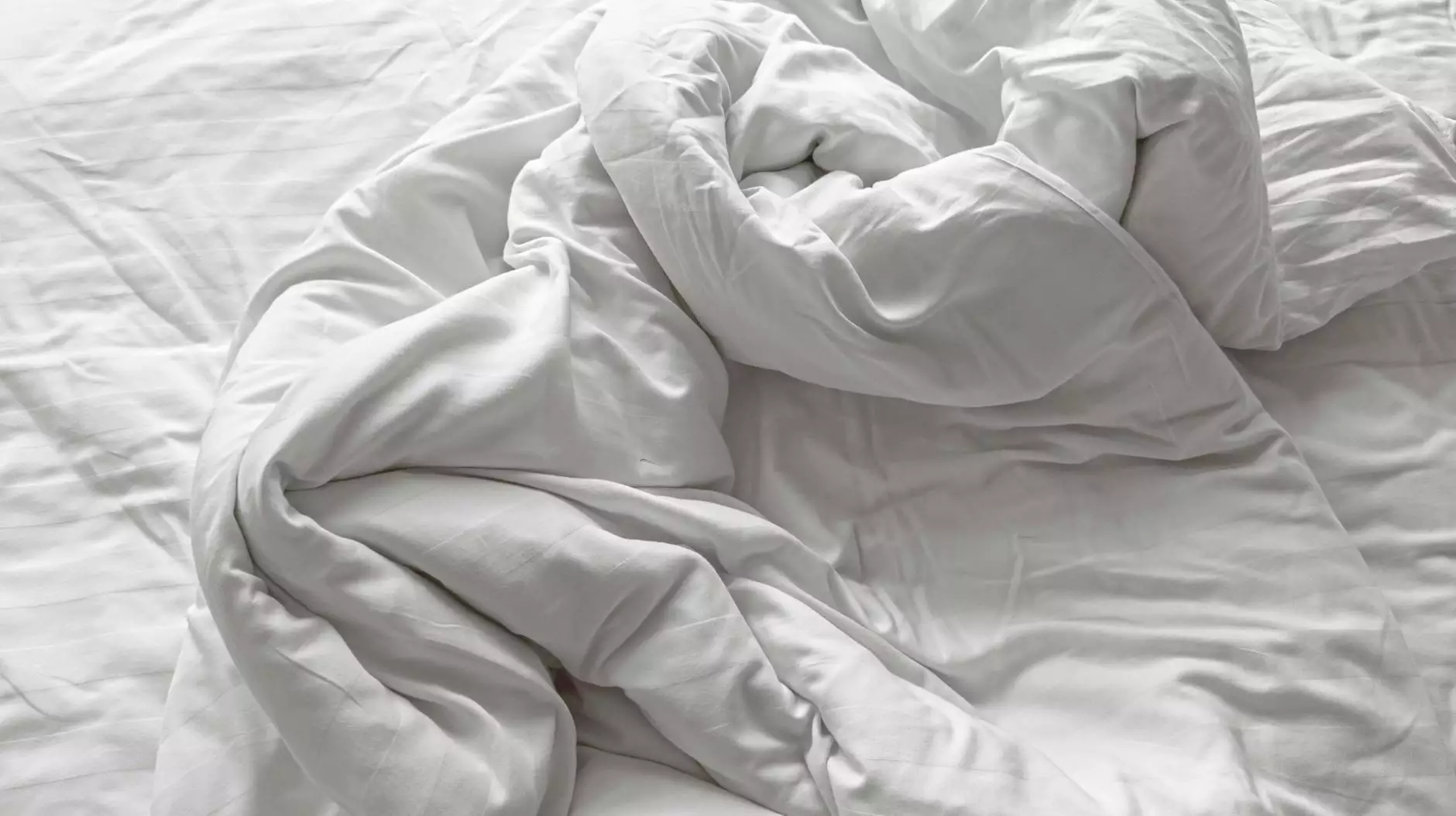Do You Need a New Mattress if You Have Allergies?
Blog
Introduction
Are you constantly suffering from allergies and wondering if your mattress could be the cause? Allergy symptoms can be frustrating and disruptive to your sleep and overall well-being. In this article, Southside Fixtures, a leading provider of high-quality mattresses, explores the connection between allergies and mattresses. We will provide expert advice, offer solutions, and help you determine whether or not you need a new mattress if you have allergies.
Understanding Allergies
Allergies are caused by your immune system's response to certain substances, known as allergens. Common allergens include dust mites, pet dander, pollen, and mold. When these allergens come into contact with your body, they can trigger an allergic reaction. Symptoms of allergies may include sneezing, itching, watery eyes, congestion, and respiratory issues.
The Impact of Mattresses on Allergies
Did you know that your mattress can harbor allergens? Over time, mattresses can accumulate dust mites, dead skin cells, and other allergens, which can trigger or worsen your allergy symptoms. Dust mites, in particular, are microscopic creatures that thrive in warm and humid environments, such as your mattress.
Signs Your Mattress May Be Causing Allergy Symptoms
If you experience any of the following symptoms after waking up, it could indicate that your mattress is contributing to your allergies:
- Excessive sneezing and nasal congestion in the morning
- Itchy or watery eyes upon awakening
- Coughing or wheezing during the night
- Skin rashes or itching
If you have existing allergies, these symptoms may be more pronounced.
Solutions for Allergies Caused by Mattresses
If your mattress is causing or worsening your allergy symptoms, there are several steps you can take:
1. Regular Cleaning:
Regularly vacuum and clean your mattress to remove dust mites and other allergens. Use a vacuum cleaner with a HEPA filter for better results.
2. Mattress Protectors:
Invest in a high-quality mattress protector that provides a protective barrier against allergens. Look for options that are hypoallergenic and waterproof for added convenience.
3. Allergy-Friendly Mattresses:
Consider replacing your current mattress with an allergy-friendly option. Look for mattresses that are specifically designed to resist allergens, such as dust mites and mold. These mattresses are often made with materials that prevent the accumulation of allergens.
Choosing the Right Mattress for Allergies
When shopping for a new mattress, consider the following factors to ensure it is suitable for individuals with allergies:
1. Material:
Opt for mattresses made from hypoallergenic materials, such as latex or memory foam. These materials are inherently resistant to allergens and provide a healthier sleep environment.
2. Certifications:
Look for mattresses that have undergone rigorous testing for allergen resistance. Certifications, such as Oeko-Tex Standard 100 or CertiPUR-US, can provide assurance of a mattress's quality and suitability for allergy sufferers.
3. Breathability:
Choose a mattress that promotes airflow to prevent the buildup of moisture, which can create an ideal breeding ground for allergens. Proper ventilation helps keep your sleep surface fresh and reduces the risk of allergen accumulation.
Conclusion
If you suffer from allergies, your mattress could be a contributing factor. Regular cleaning, using mattress protectors, and opting for allergy-friendly mattresses are effective ways to minimize allergen exposure and alleviate symptoms. When choosing a new mattress, prioritize hypoallergenic materials and certifications that ensure allergen resistance. At Southside Fixtures, we understand the importance of a healthy sleep environment and offer a wide range of mattresses suitable for individuals with allergies. Explore our collection today and make the right choice for a better night's sleep.










